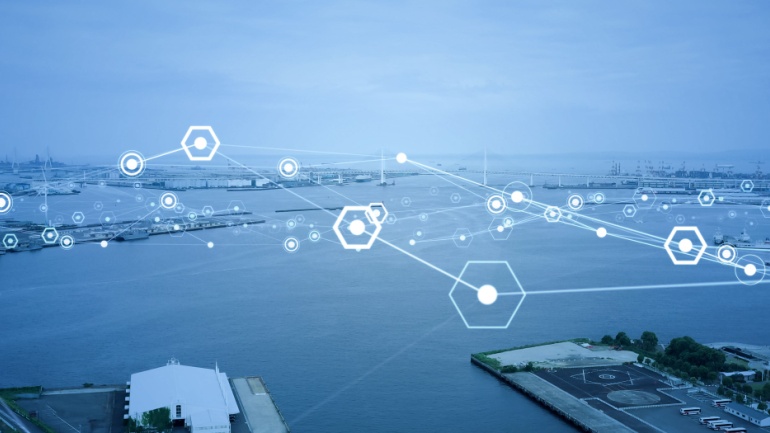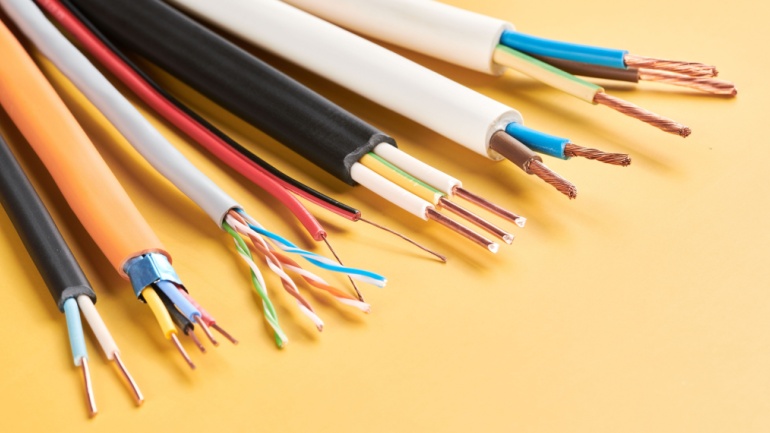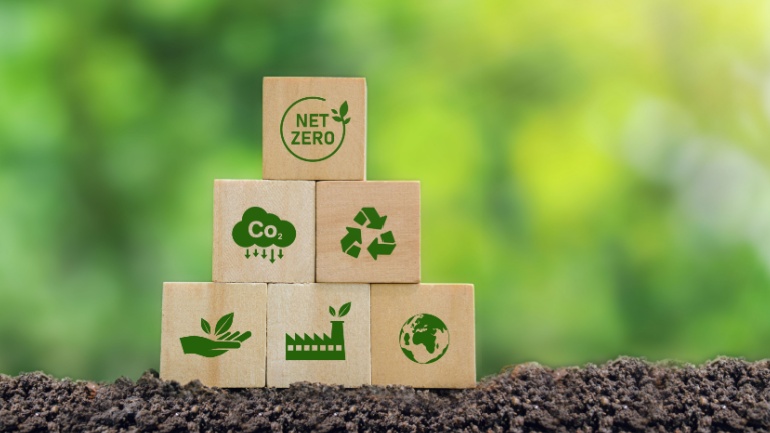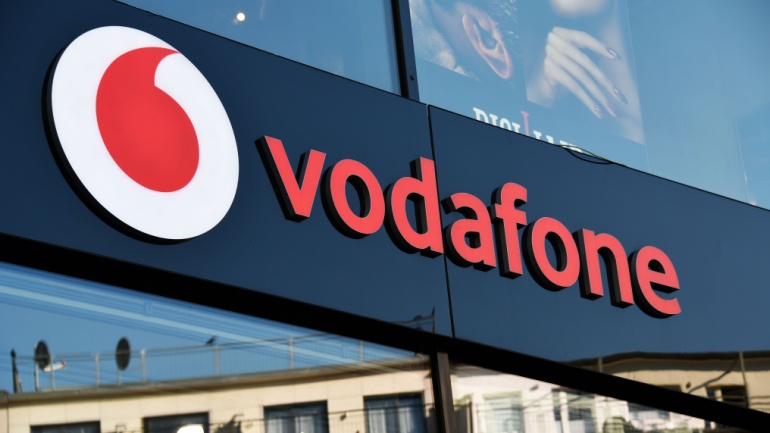Nokia has announced a groundbreaking achievement in telecommunications, making the first cellular call using the 3GPP Immersive Voice and Audio Services (IVAS) codec. This innovation is hailed as the most significant advancement in live voice calling since the era of monophonic telephony.
Our digital age thrives on devices, but discards them at an alarming rate. This “telecom waste” – phones, laptops, routers – raises ethical concerns beyond just pollution. This article explores the environmental and social issues linked to telecom waste, and proposes solutions for a more sustainable future.
The 2Africa subsea cable, touted as the world’s largest, now includes a direct connection to the UK thanks to Vodafone’s involvement. This ambitious project highlights significant global collaboration, with key partners including Bayobab, Center3, China Mobile International, Meta, Orange, Telecom Egypt, and WIOCC. The inclusion of both US and Chinese interests is particularly remarkable, showcasing cooperation despite ongoing geopolitical tensions.
In developed markets, copper telecom networks are rapidly being replaced by more efficient fiber optic cables. Despite this shift, the value of copper is surging in other sectors, particularly in electric vehicles and renewable energy. The metal’s worth has soared over 50% from pre-pandemic levels due to high demand and lower mining outputs, with forecasts suggesting a further 50% increase in demand by 2040.
A new high-capacity data backbone spanning the UK, Netherlands, Germany, Denmark, and Norway promises increased capacity and redundancy. XL Axiata and Ericsson team up to integrate 4G and 5G services into a cloud-based network. AppDirect introduces AppDirect AI, a secure marketplace allowing users to create AI apps without coding. Cynomi expands its vCISO services to European MSPs and MSSPs, prioritizing data localization.
Global revenue from AI semiconductors is projected to reach $71 billion in 2024, marking a 33% increase from the previous year, according to a recent Gartner report. Gartner also anticipates that AI-equipped PCs will constitute 22% of total PC shipments in 2024. By the end of 2026, all enterprise PC purchases are expected to feature AI capabilities.
Leading tech companies Google, Meta, Microsoft, and Salesforce have announced the formation of the “Symbiosis Coalition,” a collaborative effort aimed at reducing their carbon footprints through nature restoration projects. The coalition has pledged to secure up to 20 million tons of nature-based carbon removal credits by 2030.
The UK’s telecommunications regulator, Ofcom, is advancing plans to facilitate shared access to the highly sought-after upper 6 GHz band, proposing two primary frameworks to balance the needs of both mobile and Wi-Fi providers. The first proposed approach, known as variable spectrum split, would allow both mobile and Wi-Fi services to use portions of the spectrum not occupied by the other.
The UK Competition and Markets Authority (CMA) has raised alarms regarding the possibility of a collusion among a handful of American tech giants, aiming to manipulate the AI market in their favor. The focus of their worry centers on the control exerted by these companies over the development and commercialization of foundation models (FMs), with Open AI’s GPT being a prominent example.
Vodafone Idea is initiating one of India’s largest follow-on public offerings, seeking to amass roughly $2.16 billion. Placing the firm under pressure is its struggle against a decreasing market share and encumbering debt, the result of fierce competition within India’s telecommunications industry. Despite currently being hindered by its financial situation to invest in network enhancements, expectations linger for the telecom’s debut of 5G services by year’s end.













